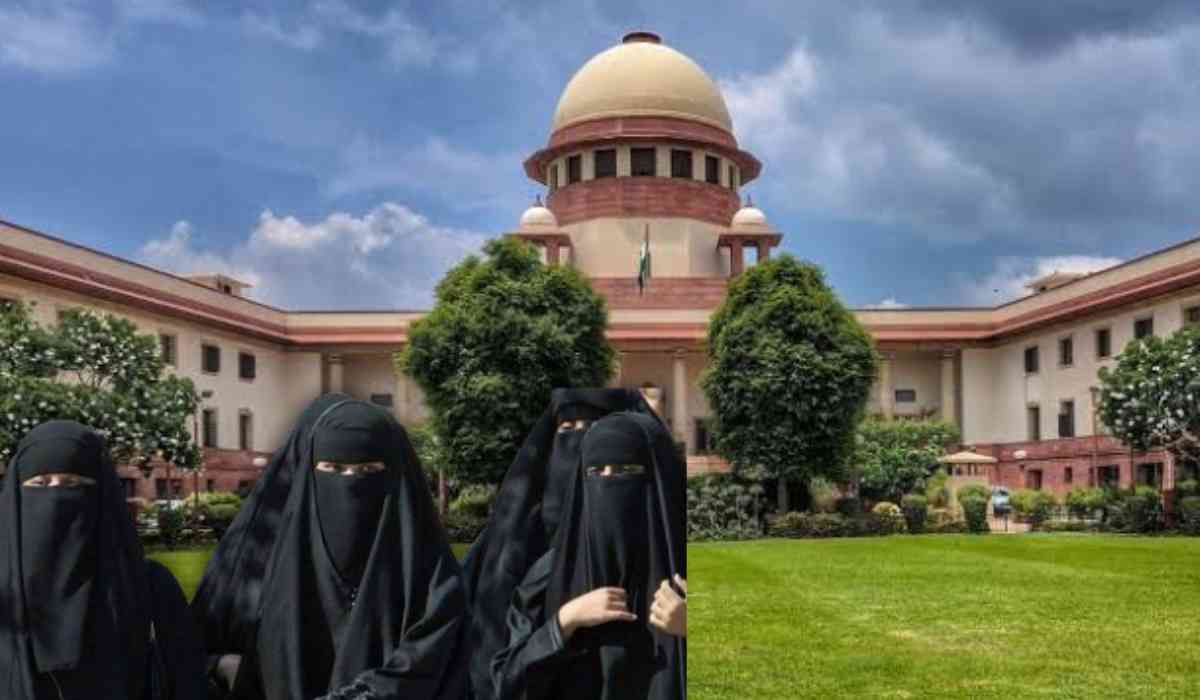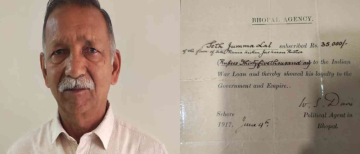In a landmark judgement, the Supreme Court of India has ruled that divorced Muslim women are entitled to seek alimony from their former husbands under Section 125 of the Code of Criminal Procedure (CrPC).
The court stated that Section 125 of CrPC, which deals with the maintenance of wives, children, and parents, is 'religion neutral'.
A bench comprising Justices BV Nagarathna and Augustine George Masih delivered the ruling while dismissing a petition by Mohd Abdul Samad, a Muslim man who challenged a family court's decision that ordered him to pay a monthly allowance of ₹20,000 ($240) to his divorced wife.
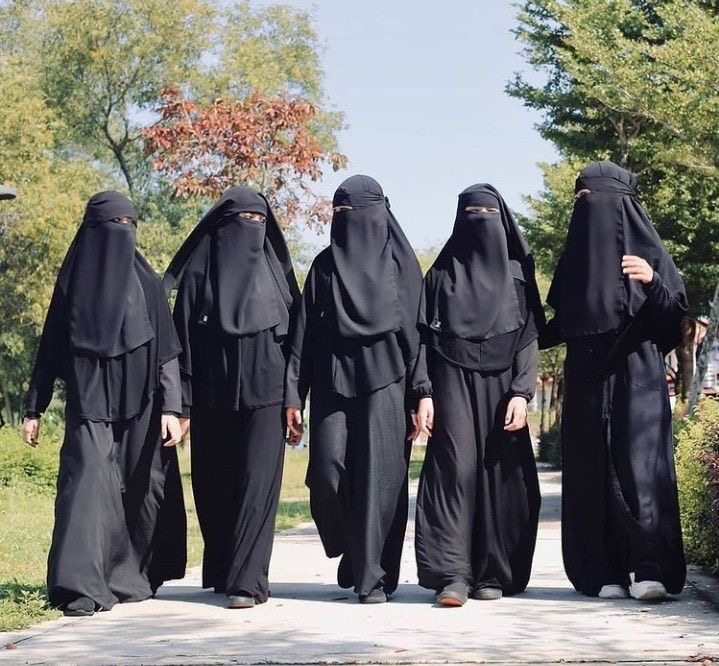
"We are hereby dismissing the criminal appeal with the major conclusion that Section 125 would be applicable to all women and not just married women," Justice Nagarathna said. Justice Nagarathna and Justice Masih delivered separate, but concurrent, judgments.
The court emphasised that maintenance is not charity but a fundamental right of married women. "This right transcends religious boundaries, reinforcing the principle of gender equality and financial security for all married women," the court said.
"Some husbands are not conscious of the fact that the wife, who is a homemaker, is dependent on them emotionally and in other ways. Time has come for Indian men to recognize the indispensable role and sacrifices made by housewives for the family," the judgement stated.
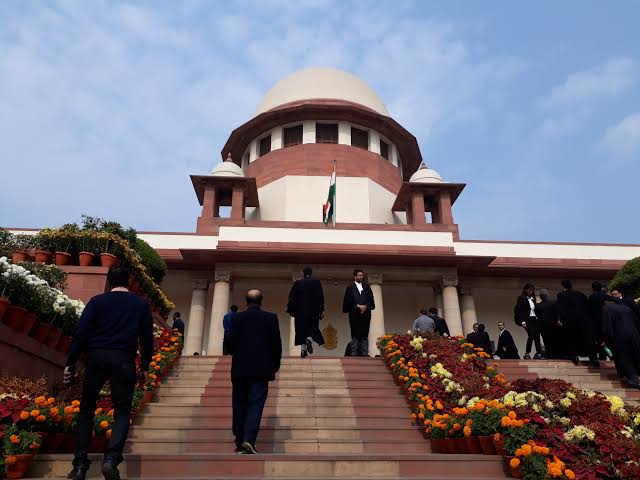
The Case Background
The Supreme Court was hearing the case of Mohd Abdul Samad, after he moved to SC to challenge the family court's order to pay Rs 20,000 monthly to his divorced wife.
Initially he contested this decision of family court in the Telangana High Court, which reduced the amount to Rs 10,000 but upheld the maintenance order.
However, Mohd. Samad took his case to the Supreme Court.
In SC, Mr. Samad's counsel argued that under the Muslim Women (Protection of Rights on Divorce) Act, 1986, divorced Muslim women could seek more comprehensive relief than under Section 125 of the Criminal Procedure Code (CrPC). He claimed that the special law should prevail over the general law, asserting that his ex-wife was not entitled to maintenance under Section 125 of the CrPC.
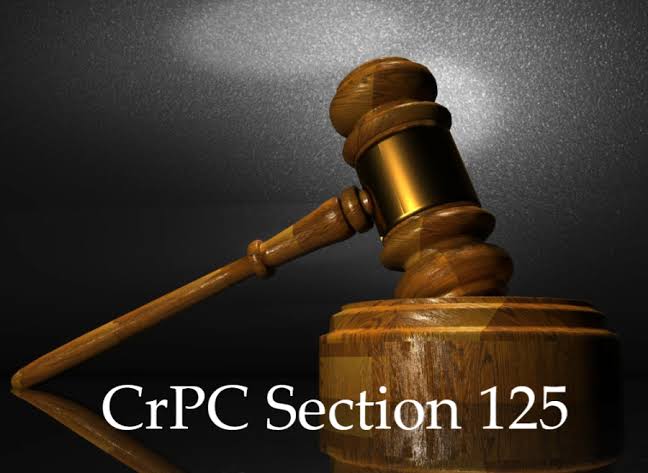
The Supreme Court dismissed Mr. Samad's petition, emphasising that the personal law does not negate a woman's right to seek maintenance under the gender-neutral CrPC.
Historical Context
This judgement is rooted in the landmark Shah Bano case of 1985, where the Supreme Court ruled that Section 125 of CrPC applies to all, regardless of religion.
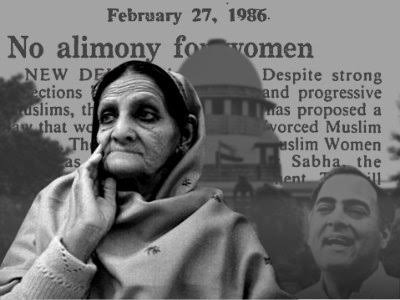
Though the Muslim Women (Protection of Rights on Divorce) Act, 1986 limited maintenance to the iddat period, the Supreme Court in 2001 upheld the Act but clarified that maintenance must continue until the ex-wife remarries or can support herself.
Photo: Multiple Agencies
(Inputs from Agencies)
Ⓒ Copyright 2024. All Rights Reserved Powered by Vygr Media.

